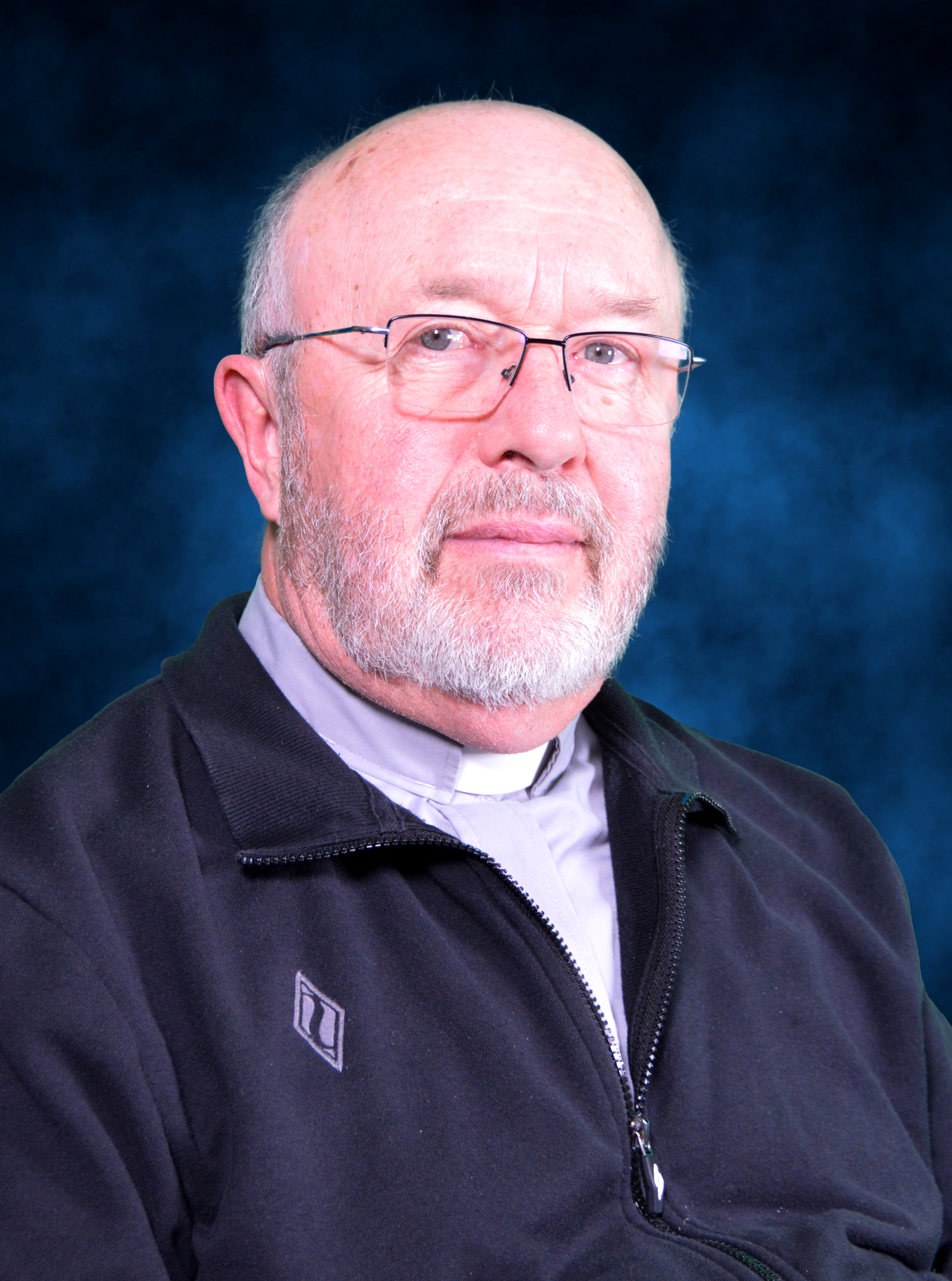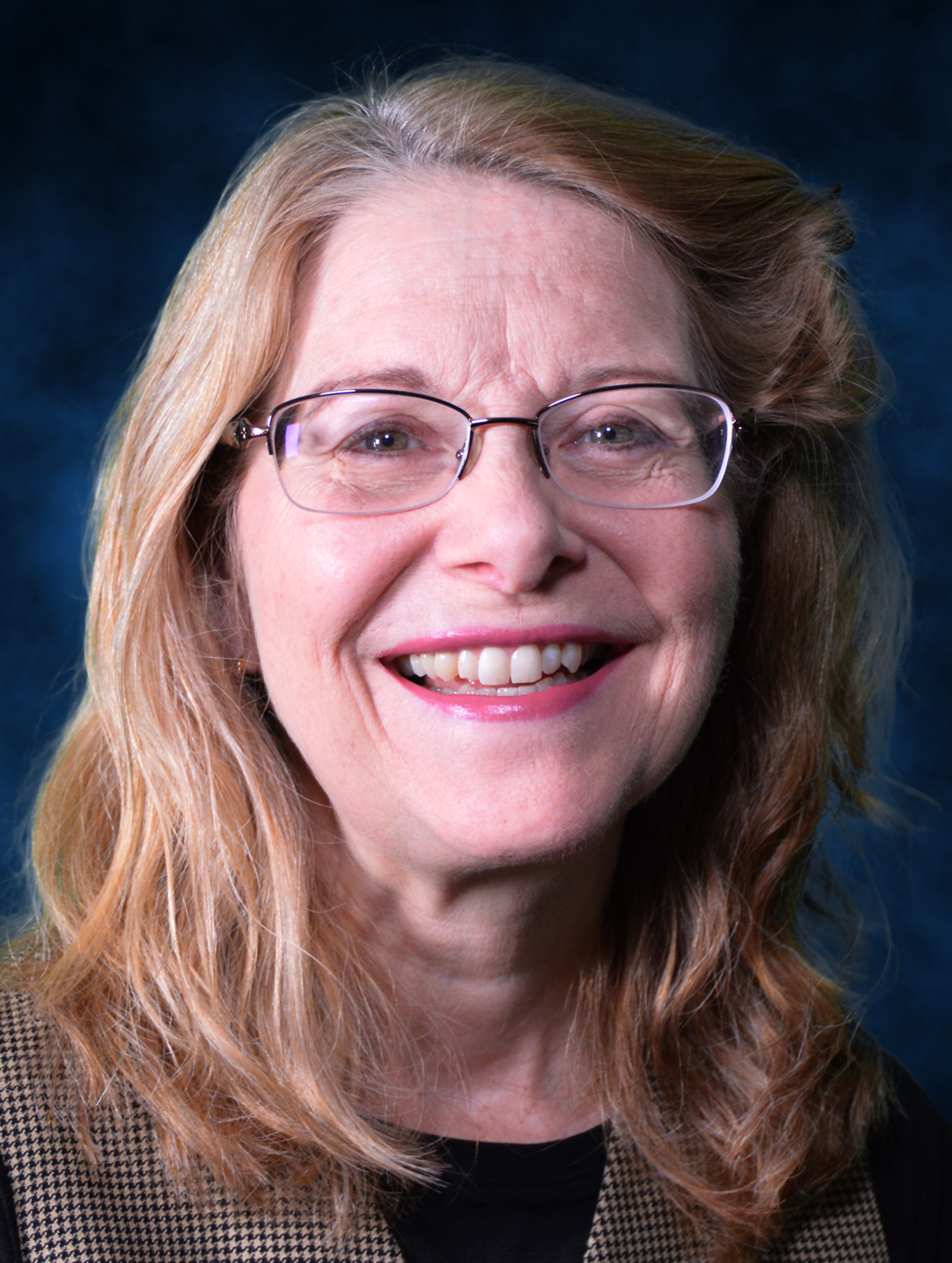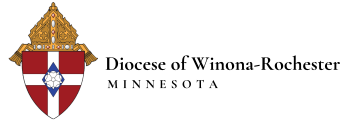- Home
- About
- Bishop Barron
- Offices
- Catholic Cemeteries
- Catholic Charities
- Catholic Foundation
- Catholic Schools
- Chancellor and Archives
- Communications
- Diaconate
- Divine Worship
- Finance
- Hispanic Ministries
- Human Resources
- Lay Formation and RCIA
- Life, Marriage & Family
- Missionary Discipleship
- Pastoral Planning
- Religious Immigration
- Safe Environment
- Social Justice
- SPOF
- The Courier
- Tribunal
- Vicar General
- Vocations
- Young Adult Ministry
- Youth Ministry and Faith Formation
- Directories
Office of the Diaconate
The Office of the Diaconate directs the Diocese of Winona-Rochester's Diaconate Formation Program. This is a four-year formation program (preceded by a period of discernment, or "aspirancy") which prepares men -- with the presence and support of their wives, if married -- for ordination to the Order of Deacons and diaconal ministry. The office also provides education and support to current deacons, and their families, who live in the diocese.
The Permanent Diaconate
Deacons share in Christ's mission and grace in a special way. The sacrament of Holy Orders marks them with an imprint ("character") which cannot be removed and which configures them to Christ, who made himself the "deacon" or servant of all.... This permanent diaconate, which can be conferred on married men, constitutes an important enrichment for the Church's mission. Indeed it is appropriate and useful that men who carry out a truly diaconal ministry in the Church, in its liturgical and pastoral life or whether in its social and charitable works, should "be strengthened by the imposition of hands which has come down from the apostles. They would be more closely bound to the altar and their ministry would be made more fruitful through the sacramental grace of the diaconate" [Ad Gentes Divinitus #16]. (Catechism of the Catholic Church #1570, #1571)
The roots of the diaconate can be traced to the earliest days of the Church (cf. Acts 6:1-6; 1 Timothy 3:8-13). The care of the poor, especially widows and orphans, was a special and major concern of the early Christian community and deacons often were directly responsible for this ministry. During the apostolic age and for several centuries following, the deacons often were responsible for managing the temporal goods of the church. During this period, many deacons were elected bishop. About one-third of the men chosen to be pope were deacons at the time of their selection.
During the Second Vatican Council, steps were taken to restore the diaconate as a permanent ministry within the Church. In 2009 there were nearly 35,000 deacons serving in 129 countries, with about 16,000 of these in the United States.
Three general areas of diaconal ministry are distinguished: The Word, Liturgy, and Charity.
-
The Ministry of the Word. The diaconal Ministry of the Word includes the proclaiming and preaching of the Gospel, catechetical instruction, and evangelization. Deacons also have the opportunity and responsibility of witnessing to Jesus and his Gospel in their work and family lives.
-
The Ministry of Liturgy. The Second Vatican Council teaches that the Eucharistic liturgy is at the center of the Church's life and activity. By assisting the priest at the Eucharist, the deacon is a symbol of Christ the servant. In the deacon's liturgical ministry of preaching, baptizing, witnessing marriages and other activities, the Church sees a reflection of its own diaconal character and is reminded of its mission to serve as Jesus did.
-
The Ministry of Charity. The deacon is called upon to witness, through a ministry of service and justice, the virtues of love and compassion. This ministry involves reaching out to and caring for the needs of our poor, vulnerable, and marginalized sisters and brothers in homeless shelters, hospitals and nursing homes, prisons, and the other settings. It also involves speaking out and working for social justice and respect for the inherent dignity of each human person.
This is at the very heart of the diaconate... to be a servant of the mysteries of Christ and, at one and the same time, to be a servant of your brothers and sisters. (Pope John Paul II)
Application Information
Entrance Requirements
The applicant must . . .
- be a baptized and confirmed male, Roman Catholic for five years, and active in the practice of his faith.
- be actively involved in the church and highly recommended by his pastor and parishioners.
- possess natural gifts for ministry, demonstrate maturity and balance, enjoy good physical and mental health with no condition that would impede ministry.
- be free of all irregularities and impediments to Orders.
- be at least 35 years of age, and no older than 65 years of age, at the time of ordination tentatively in 2014. [An applicant older than 65 years may be approved for admission upon the recommendation of the Diaconate Selection Committee and with the approval of the bishop.]
- be a United States citizen or a legal, permanent resident.
- have successfully completed high school and be capable of college level work.
- have successfully completed the first two years of the Institute of Lay Ministry or Together In Faith. [This requirement may be waived for an applicant who has received significant theological/ministerial formation, with the approval of the Diaconate Selection Committee.]
- be able to give the time required for study and service without detriment to his family.
- [if married...] have been married at least five years and live in a stable and valid marriage, enjoying the full support of his spouse who will participate actively in the formation program, and be willing to remain celibate if his wife precedes him in death.
- [if single...] enjoy a stable, settled life, a history of healthy relationships, and be able and willing to accept celibacy, understanding the implications of this charism.
- [if widowed...] have had at least two years to heal from the loss of his spouse, and be willing to promise celibacy.
- [if a history of substance abuse exists...] have achieved sobriety for at least five years and continue to participate in a "recovery" program.
Application Process
- Submission of application (including: necessary sacramental records; letters of recommendation from pastor, pastoral council and a parishioner; wife's form, if married; transcripts of academic records; and resume or curriculum vitae
- Interview with the Diaconate Selection Committee.
- In-home interview of the applicant (and his wife, if married, and his children, if applicable) conducted by a deacon and his wife.
- Screening (including: medical exam, psychological screening, and state and federal background checks).
Formation Process
Men who are accepted as Aspirants will begin a program consisting of at least six course meetings. The focus of the Aspirancy year will be on vocation discernment prior to admission to candidacy and the start of formation, especially spiritual readiness and pastoral abilities. If married, the candidate's wife is encouraged to participate. The current diaconal community (including their wives) will be involved throughout the year.
Formation PeriodThe formal formation period will take place over four years after completion of the year of Aspirancy. The format will include:
- Course weekends once a month (Friday evening - Saturday evening) from September through May.
- Two days during each summer.
- A day of reflection with current deacons and wives.
- Annual retreat
- Practicum assignments in parish and community settings.
The Rite of Candidacy will be conferred at the beginning of the 1st year, Institution as Lector at the beginning of the 2nd year and Institution as Acolyte at the beginning of the 3rd year.
Dimensions of Human Formation assists the candidate's ongoing growth in the capacity to relate well with others, reflected in a healthy sense of self and demonstrated in affective maturity as a married or celibate person. This will include classes and workshops on human relations, differences in communication between men and women, and maintaining a healthy work environment (including information on sexual harassment and abuse policies).
Spiritual Formation draws the candidate into a deeper relationship with God and others, focused on discovering and sharing in the love of Christ the servant. Regular spiritual direction will be central, aided by spiritual formation, experiences of prayer, faith sharing and reflection, days of reflection, daily prayer (including the Liturgy of the Hours), and spiritual reading.
Intellectual Formation deepens the candidate's understanding of the teachings of the Catholic Faith. Areas studied, as mandated by the Directory for the Formation, Life and Ministry of Deacons, include scripture, Church history, fundamental theology, dogmatic theology, sacraments, Christian morality (including the social doctrine of the Church), spirituality, liturgy, and Canon Law.
Pastoral Formation provides the candidate with the information, experience, and skills needed for his ministries of charity, word, and sacrament through both instruction and practical experience. Practicums will concentrate on supervised learning in the service of charity and in the areas of catechetical, liturgical, and pastoral care ministries. There will be an annual summer session on critical areas relating to pastoral formation.
Role And Participation Of Spouses And Families
Spouse. If a man seeking diaconate formation is married, his wife must approve of his application. She will need to carefully consider the impact of diaconal ministry on herself, and on their marriage and family. Candidates' wives are invited and strongly encouraged to participate in the formation program so as to grow in their understanding of diaconal ministry. While they may attend the classes simply for personal enrichment, there is also an option to earn a diocesan certificate for their participation. Candidates' wives are invited to reflect more deeply on, and to grow in, their own call to discipleship, and resources and programming specific to their needs will be provided.
Family. Since the age at which a man may enter formation for the diaconate can, and does, vary so widely it is virtually impossible to construct a program in advance for assisting children to accommodate to their father's new role. Recognizing that parents are the principal teachers of their children, assistance will be given to candidates and their spouses as they work to prepare their children for their fathers ordination.
Evaluations. A candidate's progress is measured by tests and evaluations. At the end of each year, the Director will meet with each candidate to review his progress in formation. A positive recommendation from the director is needed to continue in formation the following year.
Cost and Expense of Formation. The Diocese of Winona-Rochester will assume the basic program costs, including, course fees, room and board (for overnight sessions at designated locations), and other administrative fees. Candidates will be responsible for the costs of textbooks, travel and miscellaneous personal expenses. [No candidate will be excluded from diaconate formation due to a lack of personal resources.]
Compensation. Deacons are not paid for diaconal ministry. They work in their ministries part-time, as their commitments to families and careers permit. Beginning with ordination, all mandated expenses and out-of-pocket expenses will be reimbursed by the parish or institution to which the deacon is assigned.
Ongoing Formation.The deacon has a right and responsibility for the ongoing development of his spirituality and personal and ministerial skills. He is expected to take advantage of the resources and programs offered by the Diocese and will receive the same allowance for continuing education as diocesan priests, per diocesan policy. All deacons are expected to make an annual retreat provided at diocesan expense, and regular spiritual direction is highly recommended.
 Deacon John Hust
Deacon John Hust
Director of the Permanent Diaconate
2907 Jeremiah Lane NW Rochester, MN 55901
Email: jhust@dowr.org
Phone: 507-361-3365
 Paula Harrigan
Paula Harrigan
Administrative Assistant
Diaconate & Vocations
2907 Jeremiah Lane NW Rochester, MN 55901
Email: pharrigan@dowr.org
Phone: 507-361-3367
For More Information
Review the pertinent portion of the website of the U.S. Conference of Catholic Bishops

